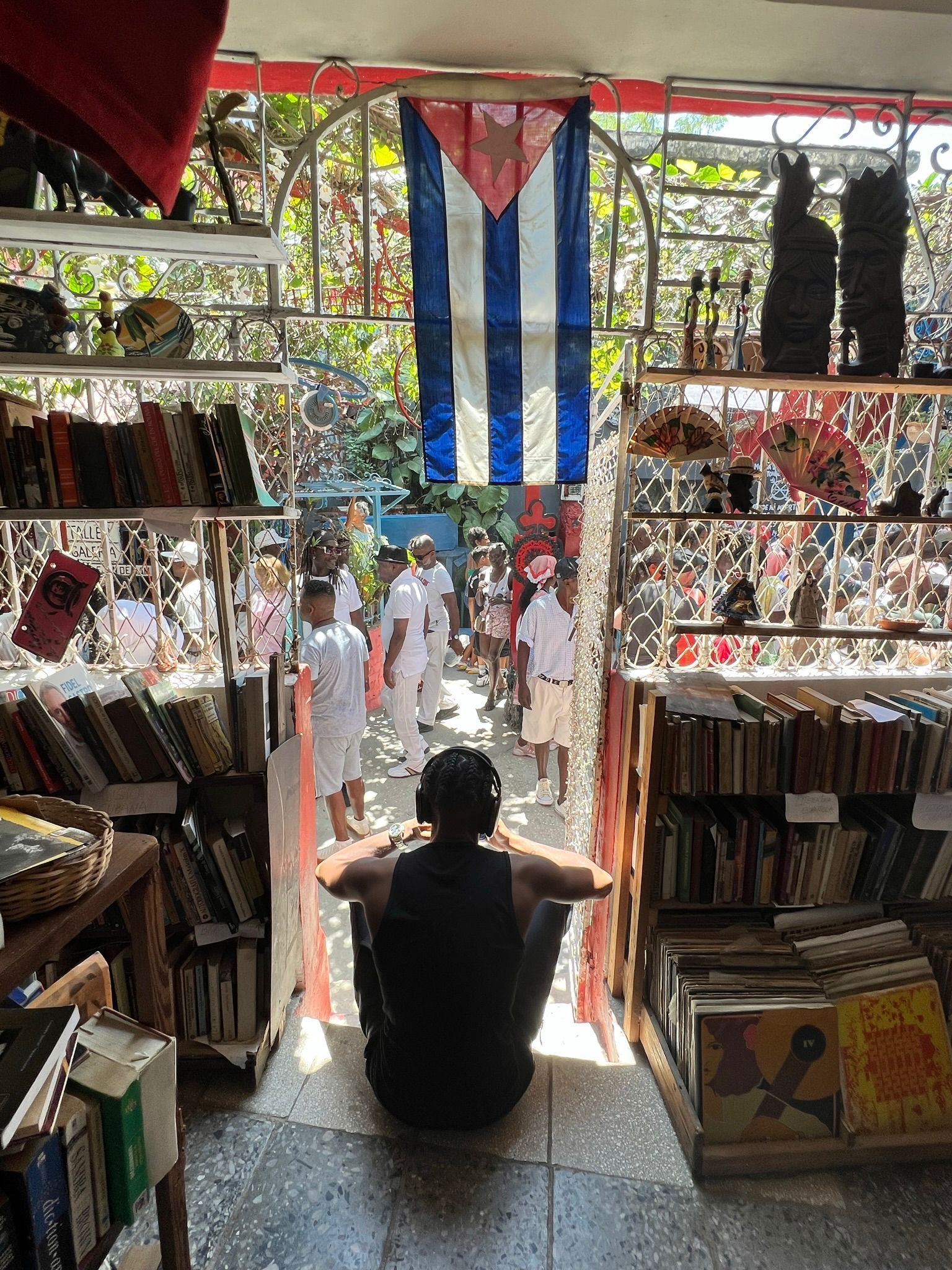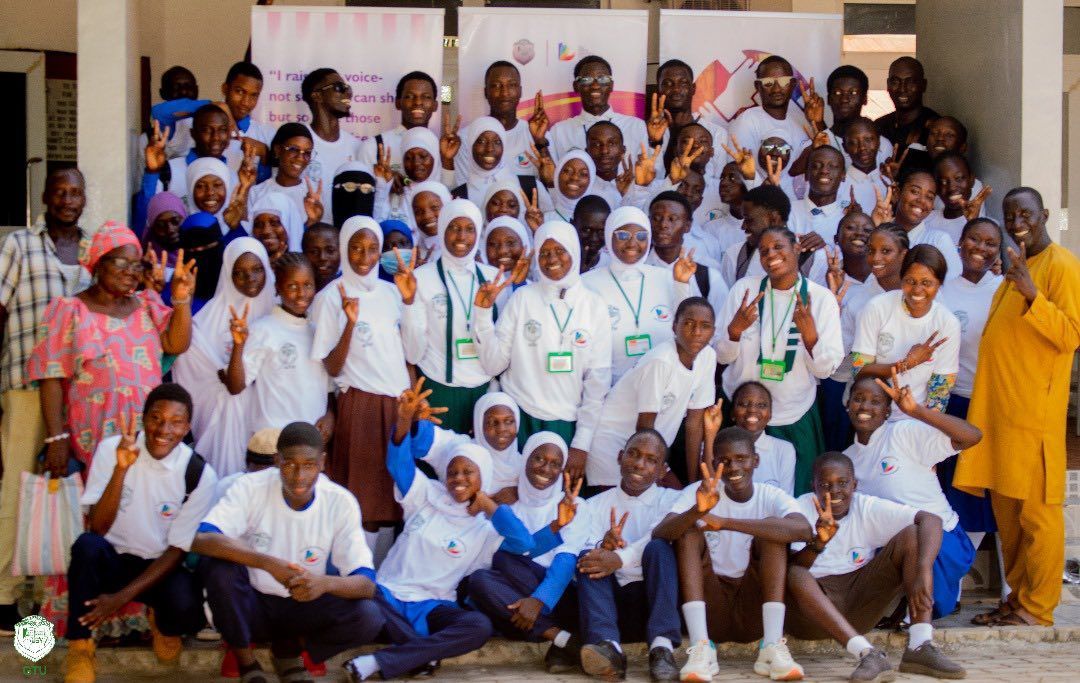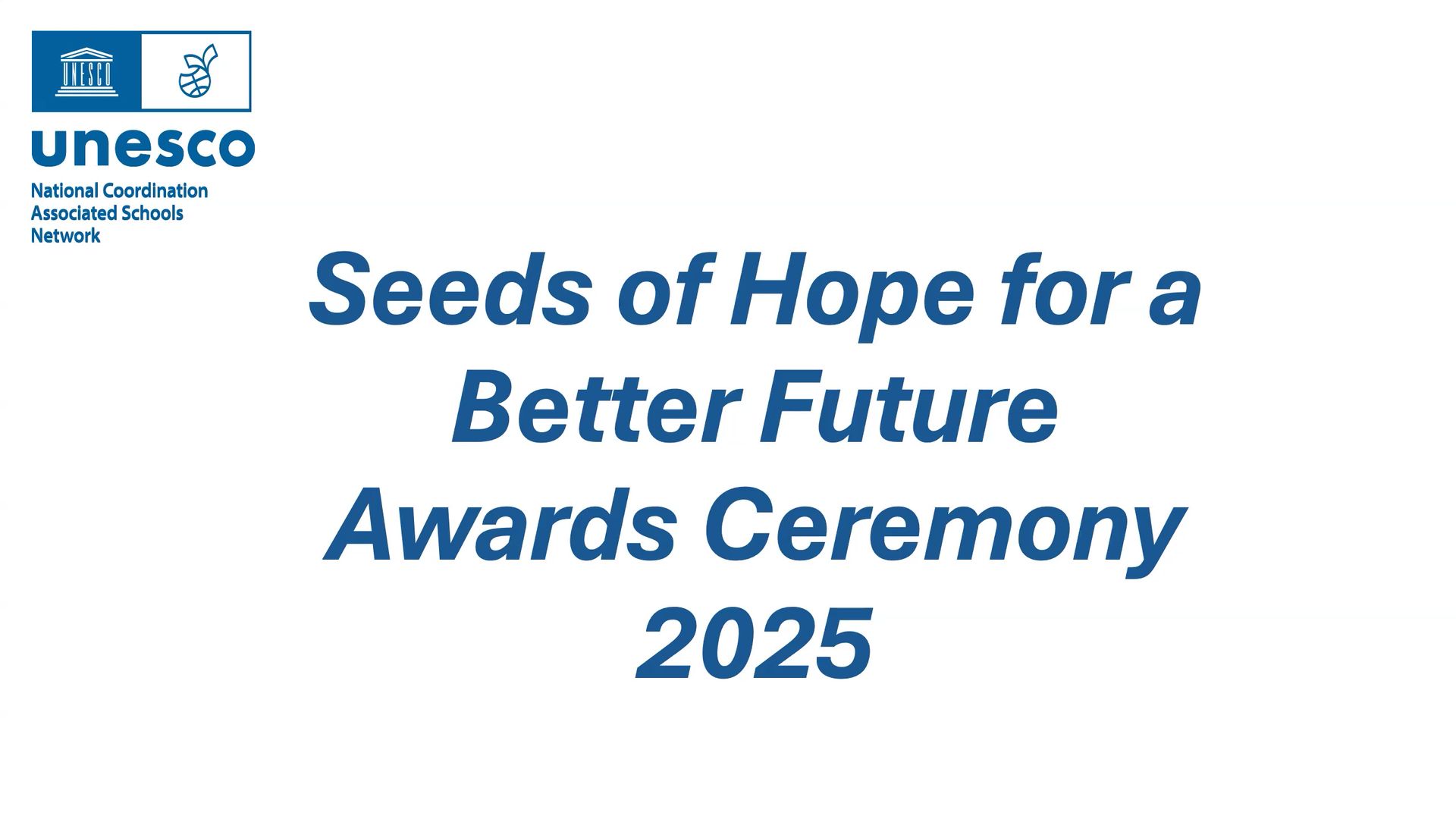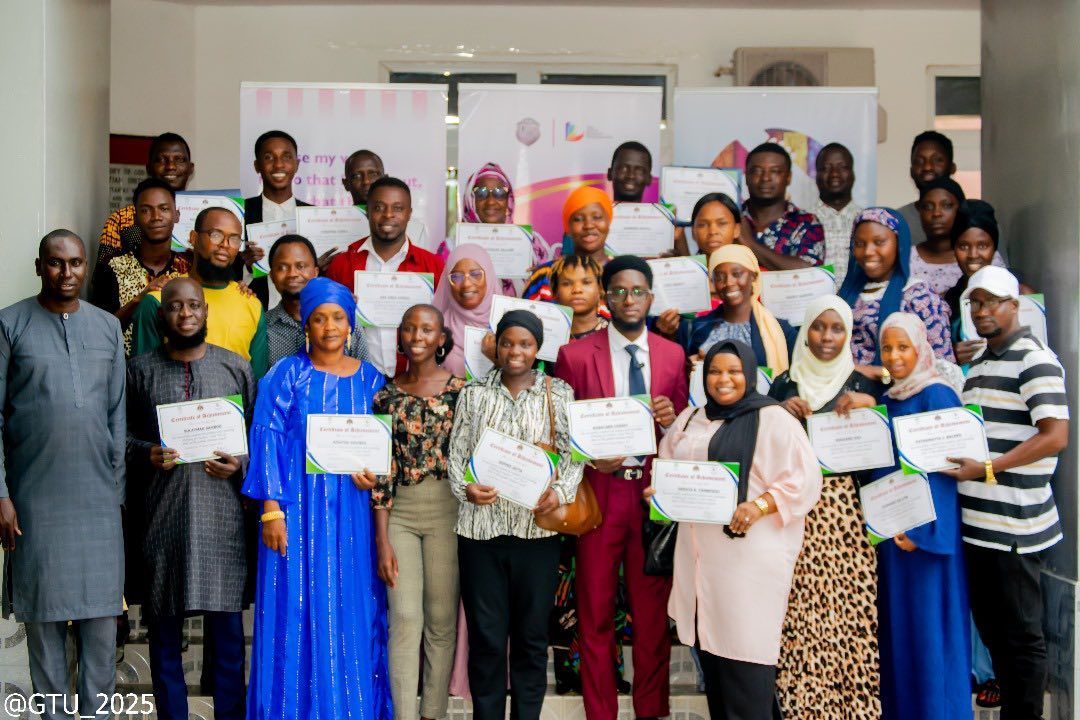Visiting Cuba with the Steve Sinnott Foundation
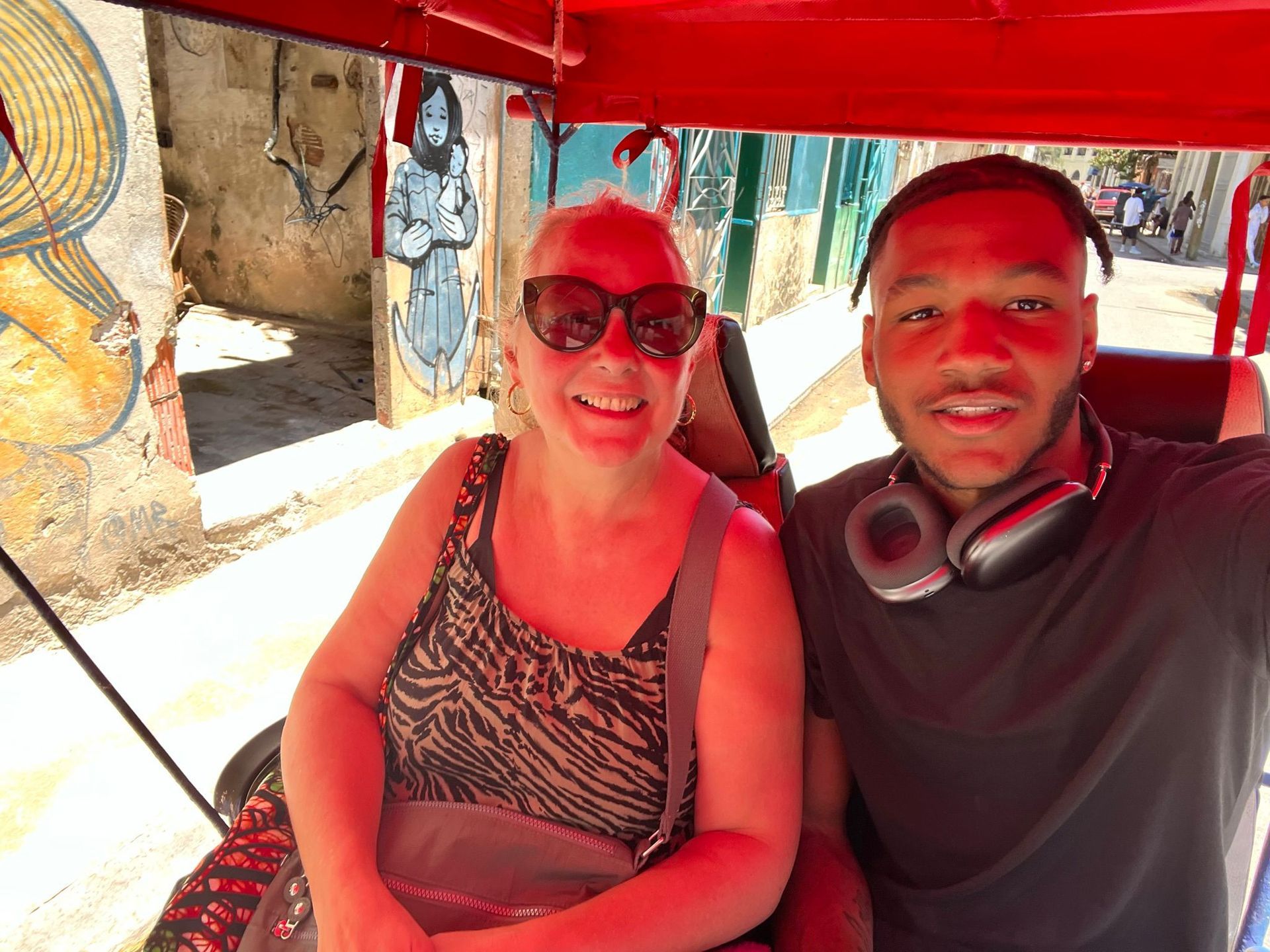
In April this year, I had the privilege of visiting Cuba with the CEO, Ann (my grandmother). It was a great experience although I was shocked at how run down the country was in terms of buildings and facilities. However, that doesn’t seem to affect people in the way they live their daily lives and the positive attitudes they have, whether in the city or the rural areas.
I was there to assist Ann to record the various meetings and workshops and there were many. We had to travel 8 hours by bus from Havana to Santa Clara. Before that we had to travel to the bus station to get the tickets as there is not an operational online system as many Cuban people do not have internet within their homes. One of the first things I noticed in Havana is that there are no cameras on every street corner.
My biggest disappointment was the food, we have such a wide selection of cuisines in the U.K. I guess I am spoilt for choice on a daily basis. This is not the situation in Cuba as they can only obtain seasonal fruit and vegetables (which is a good thing I guess) and sometimes, they cannot transport these from the rural areas due to fuel shortages. They also have a shortage of daily staples that we take for granted like milk, bread and eggs. I would advise anyone travelling to Cuba to bring some seasonings in their suitcase to add spice to the food.
Education in Cuba is free and from what I saw it seemed good but the difficulties are with obtaining educational resources for schools for example printing books. I found that women do not have the same opportunities and I witnessed racial discrimination, which surprised me.
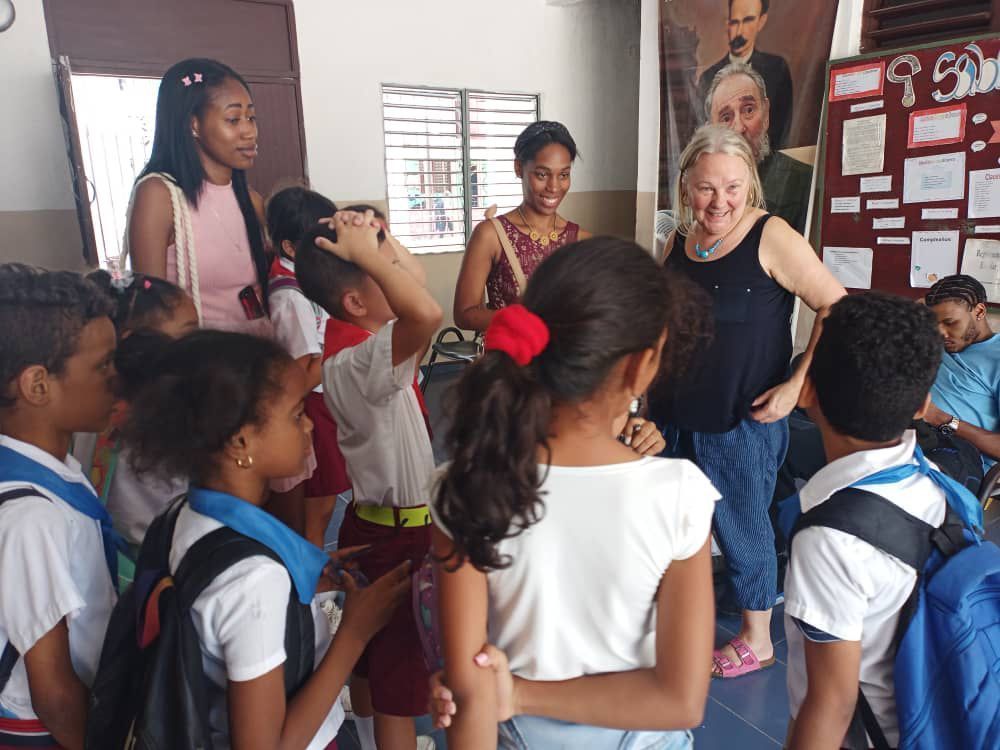
The projects that the Foundation support such as Positive Periods could have a much wider reach with just a little bit more financial support to enable supplies to reach the country. It feels so unfair that women and girls cannot afford periods pads and this is not just a problem in Cuba it is worldwide. I was told that when people visit that they bring western period pads into the country and hand them out but that is not sustainable. It’s like the saying goes “teach a person to fish………the same applies to this project, once a girl has learned the skill of sewing her own period pads she has that skill for life and is independent of others.
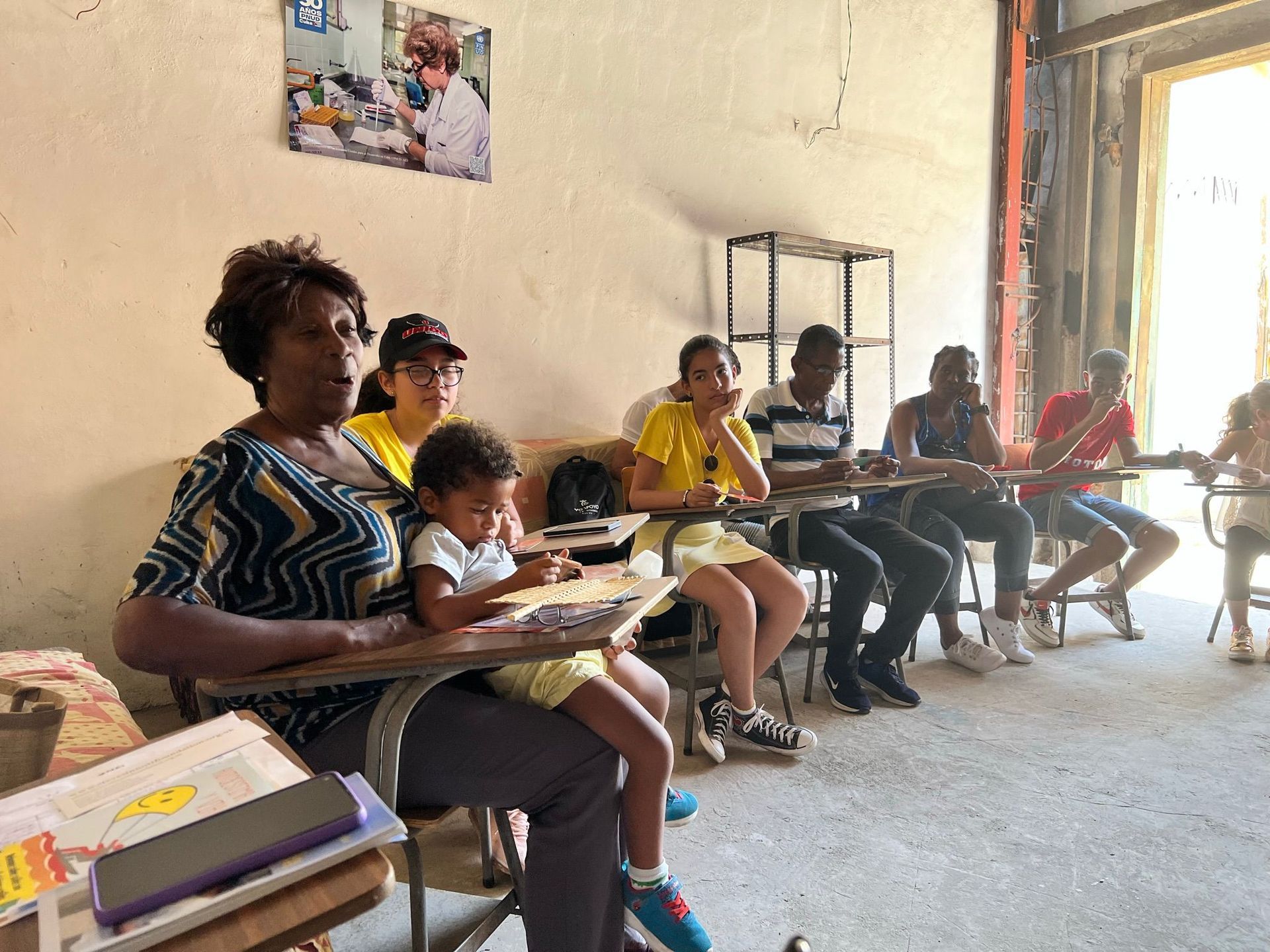
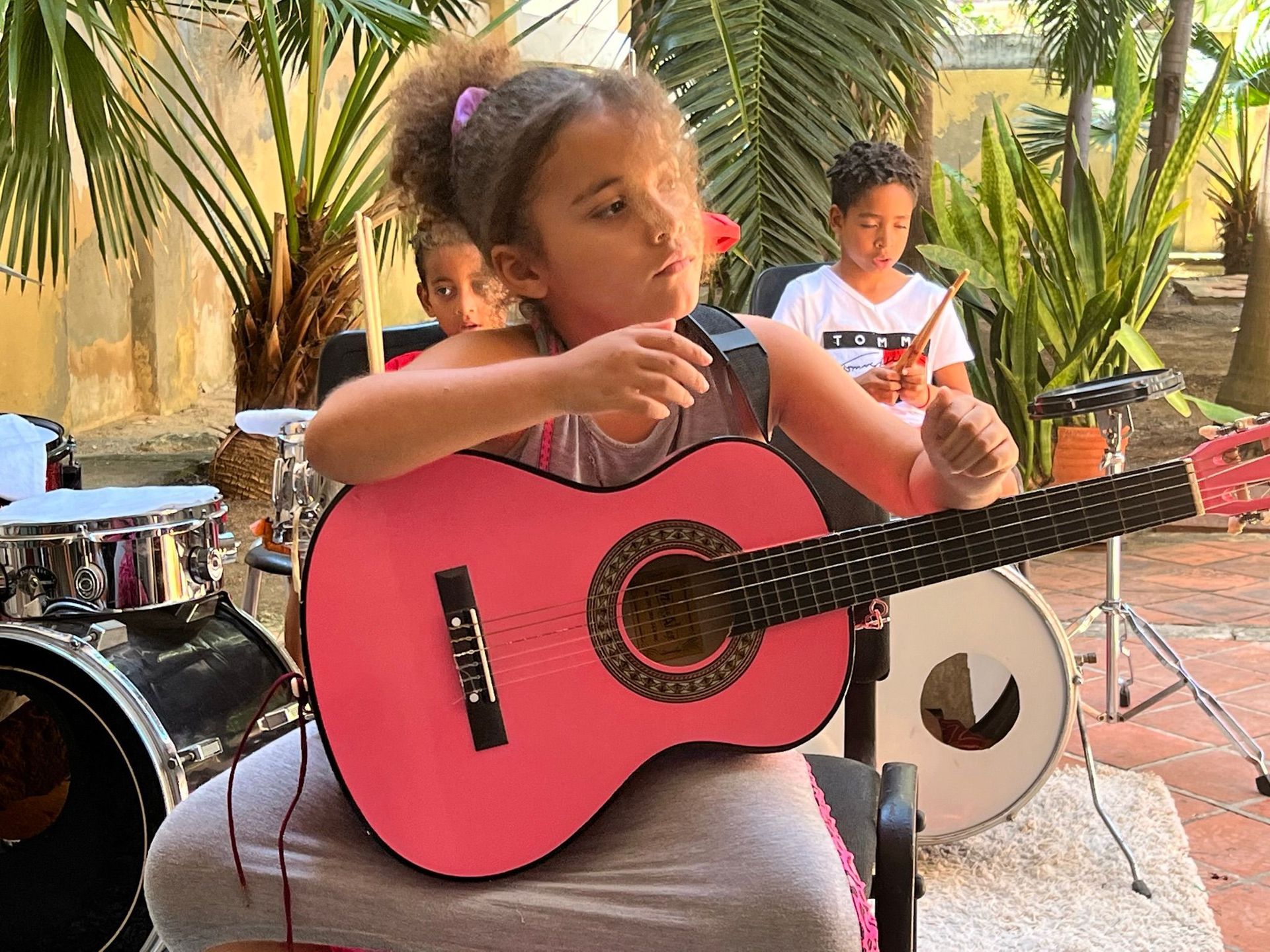
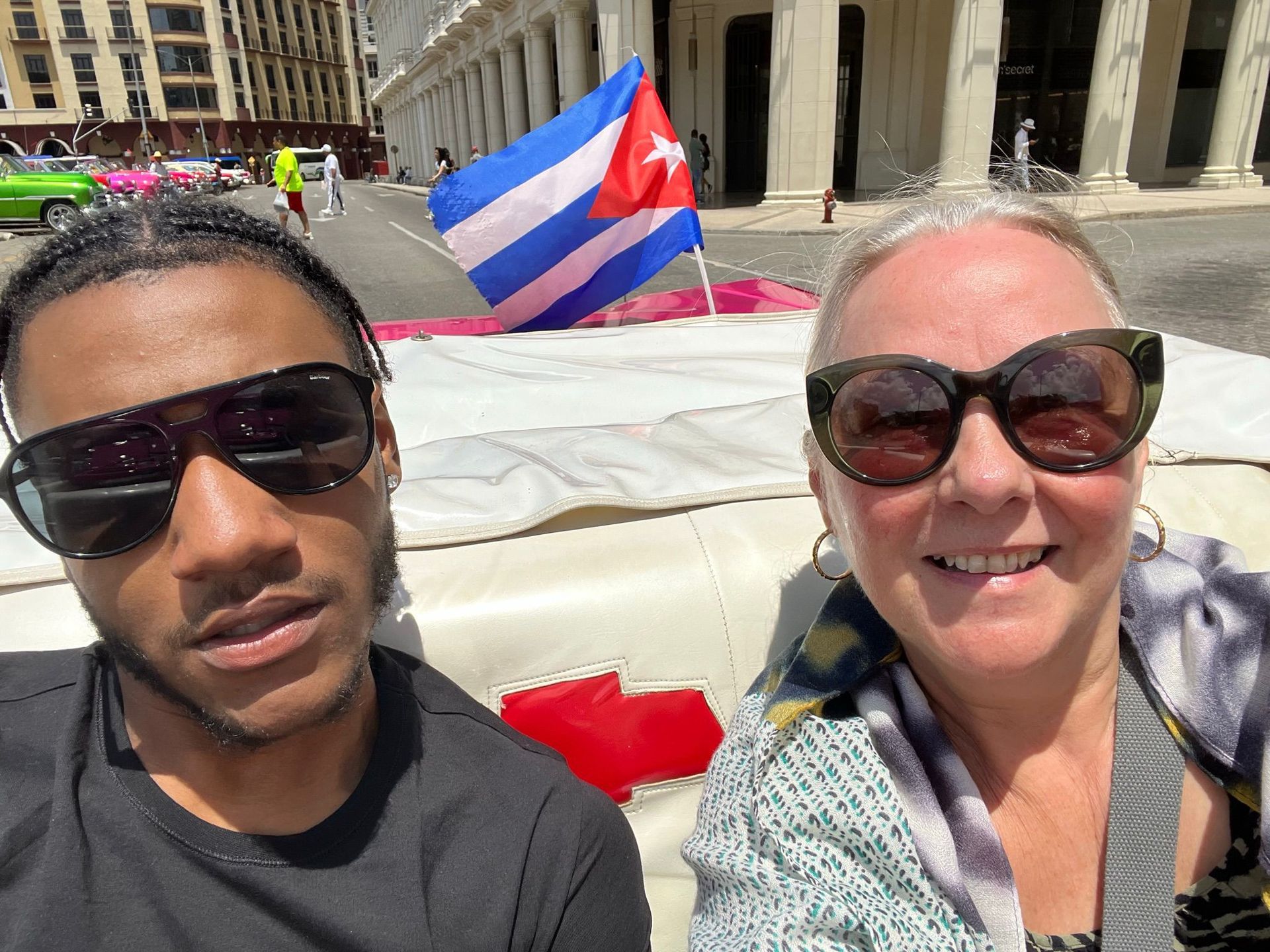
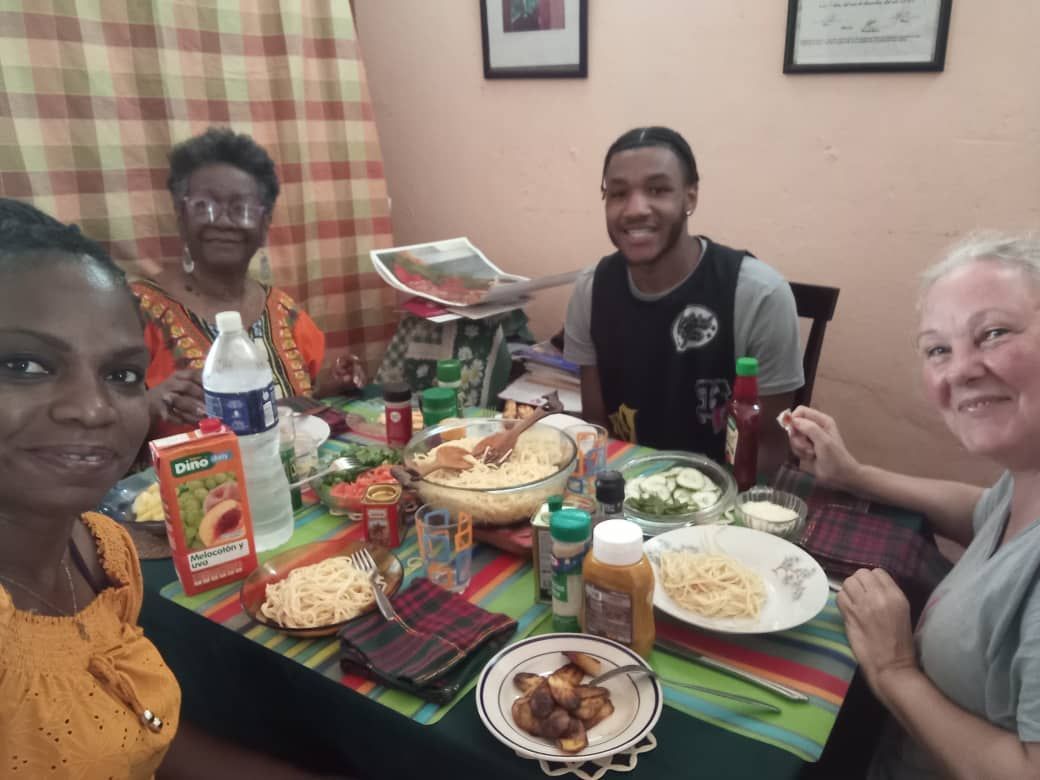
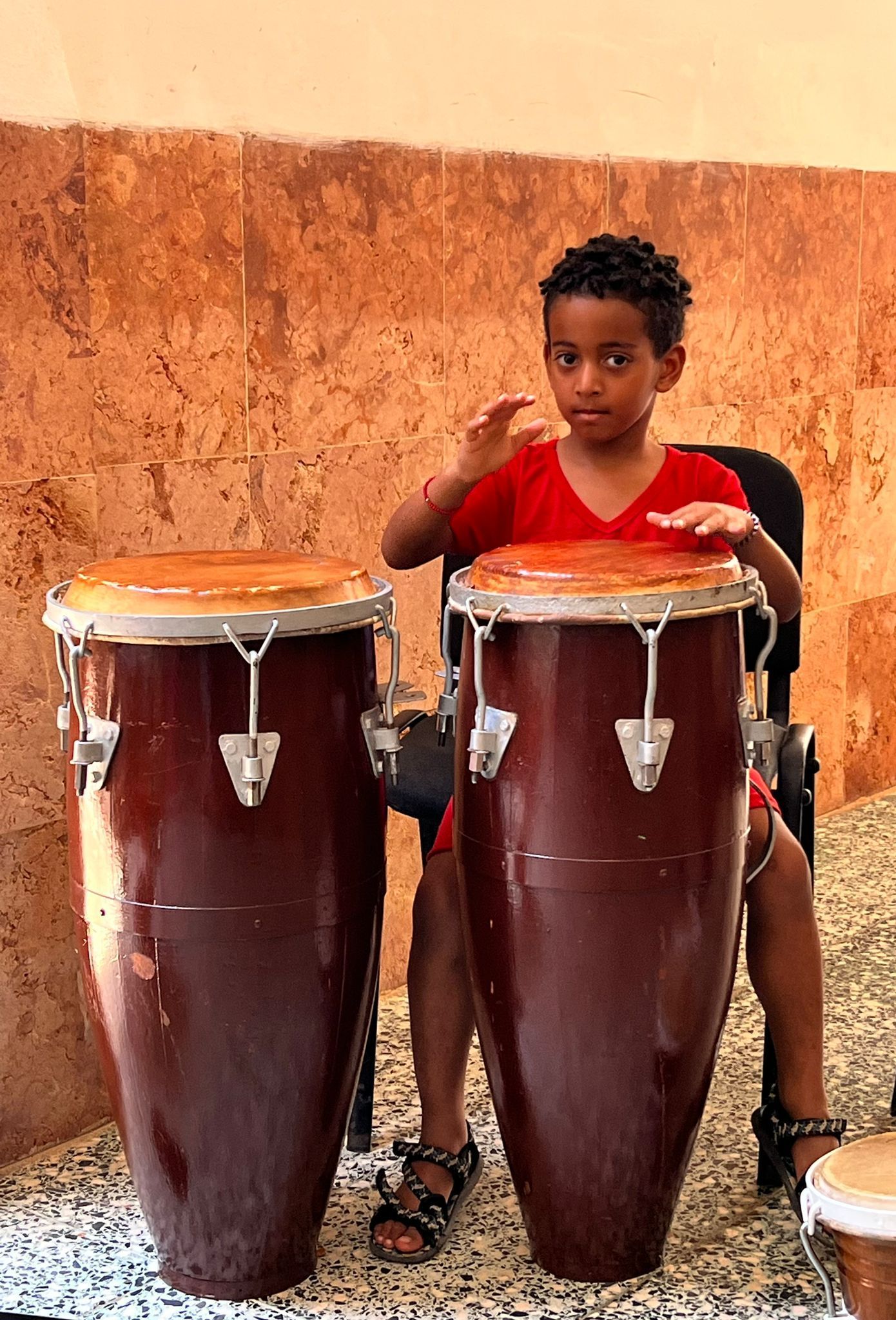
Meeting teachers in Cuba and remembering meeting Billy Jean from Haiti a few years ago, reminded me of the differences between educational opportunities in different parts of the world.
Education in the U.K. in my humble opinion is very rigid and although education is compulsory, it is not equitable as we are unable to provide creativity and artistic opportunities for all children. Not all children are academic and they need different ways of expressing themselves, such as through music and art and parents cannot always afford to pay for these lessons. Children with mental health or SEN needs are often lost in the rigid system and unable to learn and flourish.
Whilst I witnessed fantastic music lessons and vibrant learning in Cuba, I am not convinced that there are equal opportunities to learning across the world and that is why charities like this Foundation are needed to plug these gaps.
On my return I decided to raise funds to support this work and I hope you will support me
https://www.justgiving.com/page/kaylemfightingforall
